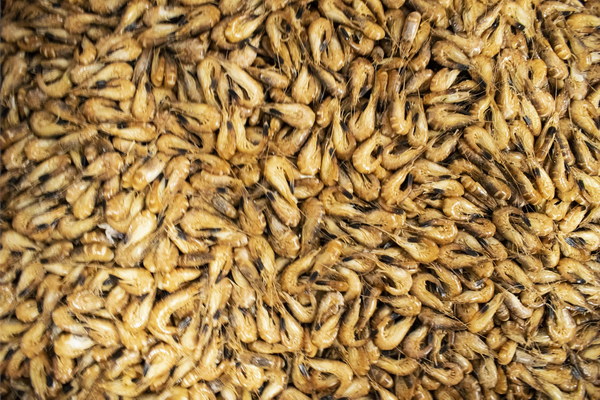Optimizing Your Health During Your Period A Comprehensive Guide to Self-Care
Introduction:
Menstruation is a natural part of a woman's life, but it can often come with discomfort and discomfort. During this time, it's important to take extra care of your body to ensure you feel your best. In this article, we will explore various ways to optimize your health during your period, including diet, exercise, relaxation techniques, and other self-care practices.
1. Diet:
A balanced and nutritious diet can help alleviate menstrual symptoms and improve overall well-being. Here are some tips to consider:
a. Increase your intake of iron-rich foods, such as lean meats, beans, lentils, and fortified cereals, to combat iron deficiency and fatigue.
b. Consume calcium-rich foods, such as dairy products, leafy greens, and fortified plant-based alternatives, to maintain bone health and reduce cramps.
c. Include omega-3 fatty acids in your diet by consuming fish, flaxseeds, and chia seeds to reduce inflammation and improve mood.
d. Stay hydrated by drinking plenty of water to aid digestion and prevent bloating.
e. Avoid caffeine and alcohol, as they can exacerbate menstrual symptoms and disrupt sleep.
2. Exercise:
Regular physical activity can help alleviate menstrual cramps, reduce stress, and boost your mood. Here are some exercise tips to consider during your period:
a. Engage in low-impact exercises, such as walking, cycling, or swimming, to avoid excessive strain on your muscles.
b. Practice yoga or gentle stretching to relieve tension in your muscles and improve flexibility.
c. Avoid high-impact activities, such as running or heavy weightlifting, which can exacerbate cramps and pain.
d. Consider incorporating a hot bath or heating pad into your exercise routine to alleviate cramps.
3. Relaxation Techniques:
Relaxation techniques can help reduce stress and alleviate menstrual symptoms. Here are some effective methods:
a. Practice deep breathing exercises to calm your mind and reduce anxiety.
b. Try meditation or mindfulness techniques to promote relaxation and improve mental well-being.
c. Consider acupuncture or massage therapy to alleviate cramps and muscle tension.
d. Get enough sleep to help your body recover and reduce stress levels.
4. Hygiene and Comfort:
Maintaining good hygiene and ensuring comfort during your period is crucial. Here are some tips:
a. Use tampons or menstrual cups that suit your personal preference and flow.
b. Change your menstrual product regularly to avoid irritation and infection.
c. Wear breathable clothing made of natural fibers, such as cotton, to reduce moisture and chafing.
d. Keep a heating pad or warm pack handy to alleviate cramps and improve comfort.
5. Supplements:

Certain supplements can help alleviate menstrual symptoms and improve overall health. Consult with a healthcare professional before taking any supplements, but here are some options to consider:
a. Vitamin B6: Known for its ability to reduce cramps and improve mood.
b. Magnesium: Helps alleviate cramps and reduce bloating.
c. Omega-3 fatty acids: Reduce inflammation and improve mood.
d. Probiotics: Maintain gut health and reduce bloating.
Conclusion:
Menstruation is a natural part of life, but it doesn't have to be uncomfortable. By focusing on diet, exercise, relaxation techniques, and maintaining good hygiene, you can optimize your health during your period and feel your best. Remember to consult with a healthcare professional for personalized advice and support.









